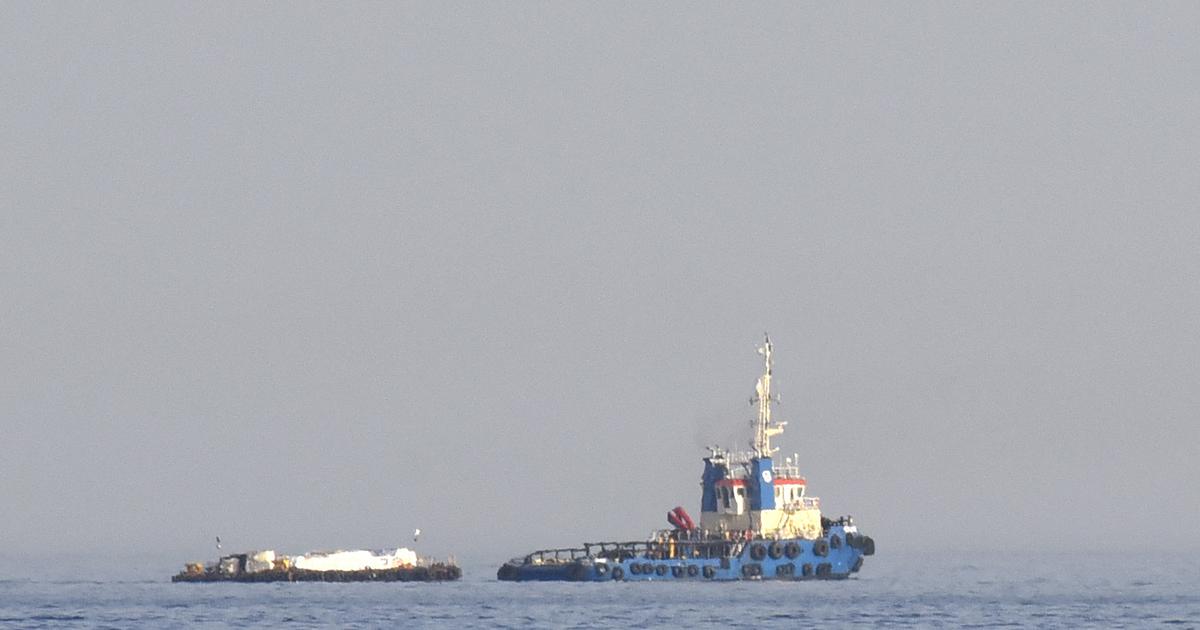On Tuesday, the world’s population passed 8 billion, according to the official estimate of the United Nations, which it considers an “important milestone in human development” and a reminder, in the midst of COP 27, of “our shared responsibility to take care of our planet.”
For the United Nations, this “unprecedented growth” – there were 2.5 billion people in 1950 – is the result of a “gradual increase in longevity, thanks to advances in public health, nutrition, hygiene and medicine”.
But population growth also poses enormous challenges to the poorest countries, where most of it is concentrated.
While the Earth’s population was less than 1 billion until the 19th century, it only took 12 years to grow from 7 to 8 billion.
- Hear the interview with Benoit Charette on the Philippe-Vincent Foisy show that airs live every day at 7:45 AM. Radio QUB:
As evidence of the demographic slowdown, it will take about 15 years for it to reach 9 billion in 2037. The UN predicts a “peak” at 10.4 billion in the 1980s and stagnation through the end of the century.
The eight billion mark has been crossed in the middle of the global climate conference, COP 27, in Sharm el-Sheikh, which once again underscores the difficulty of rich countries – those responsible for global warming – and poor nations – calling for help in dealing with it – agreeing to reduce greenhouse gas emissions. thermal energy from human activities in a more ambitious way.
However, the United Nations states, “If population growth amplifies the environmental impact of economic development,” then “countries in which consumption of material resources and per capita emissions of greenhouse gases are highest are generally those in which per capita income is higher and not those in which the population is growing rapidly.
“Our impact on the planet is determined by our behavior much more than our numbers,” Jennifer Schiopa, a resident scholar at the Wilson Research Center, sums up to AFP.
Indeed, population growth poses significant challenges in countries where there is already a high concentration of poverty.
The United Nations writes that “persistent high fertility rates, which drive rapid population growth, are both a symptom and a cause of slow development progress.”
Thus, India, a country of 1.4 billion people, which will become the most populous in the world in 2023, surpassing China, should experience an explosion in its urban population in the coming decades with megacities already overcrowded and lacking basic infrastructure.
In Bombay, about 40% of the population lives in slums, overcrowded slums, made up of makeshift huts, often lacking running water, electricity, and sanitation.
The global numbers mask huge demographic diversity. In fact, more than half of population growth by 2050 will come from just eight countries, according to the United Nations: the Democratic Republic of the Congo, Egypt, Ethiopia, India, Nigeria, Pakistan, the Philippines and Tanzania.
By the end of the century, the three most populous cities in the world will be Africa: Lagos in Nigeria, Kinshasa in the Democratic Republic of the Congo and Dar es Salaam in Tanzania.

“Total coffee aficionado. Travel buff. Music ninja. Bacon nerd. Beeraholic.”







More Stories
Presidential 2024 | Biden is ready to discuss with Trump
Ukraine: Two dead in territories occupied by Moscow and Russia
Overtourism in Venice | Paid entry: Tourism “must change,” according to the mayor